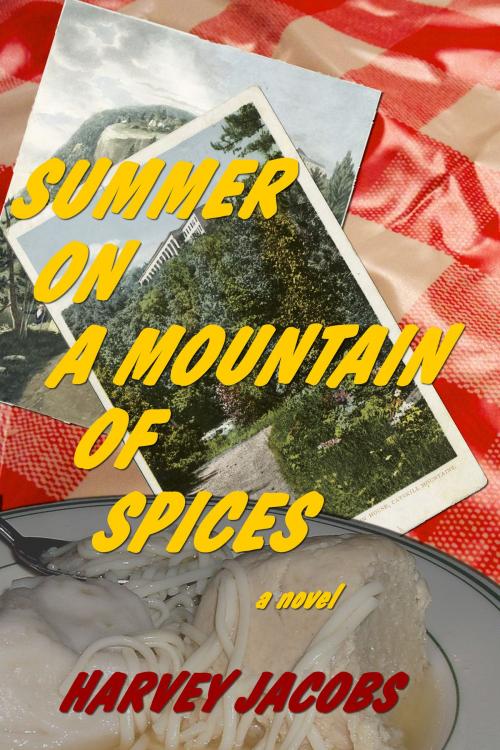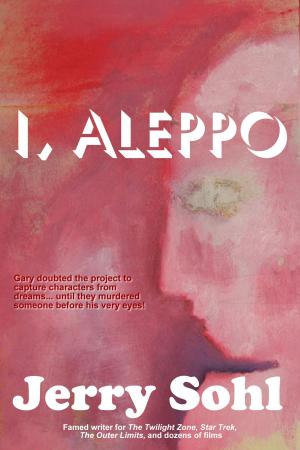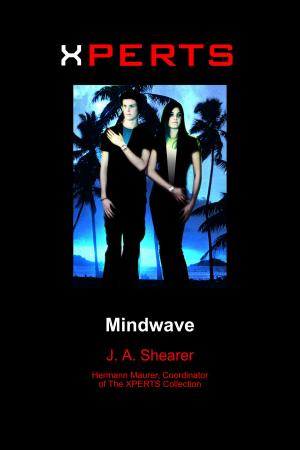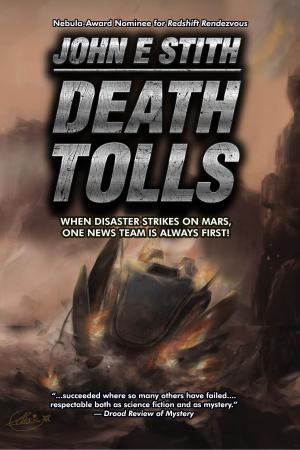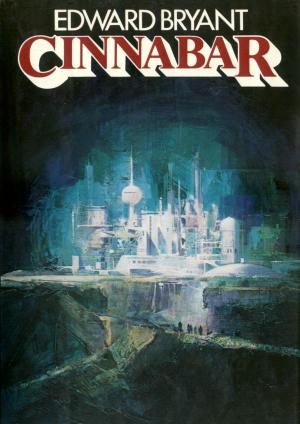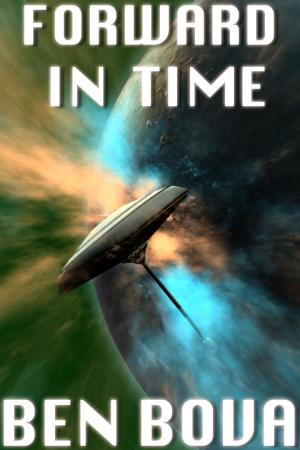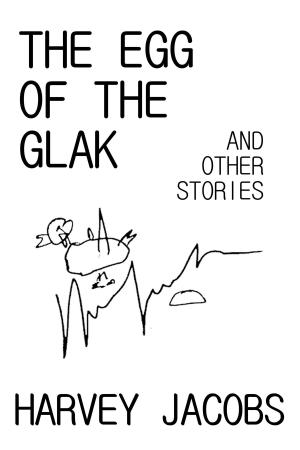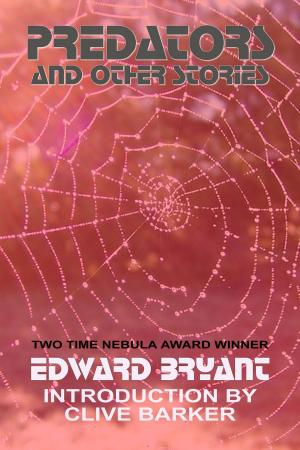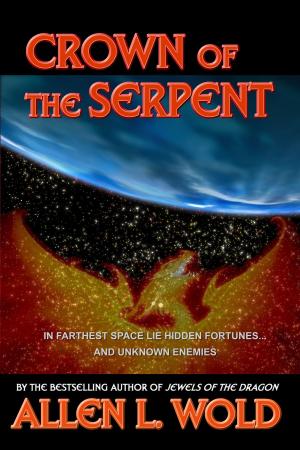| Author: | Harvey Jacobs | ISBN: | 9781370709595 |
| Publisher: | ReAnimus Press | Publication: | June 10, 2017 |
| Imprint: | Smashwords Edition | Language: | English |
| Author: | Harvey Jacobs |
| ISBN: | 9781370709595 |
| Publisher: | ReAnimus Press |
| Publication: | June 10, 2017 |
| Imprint: | Smashwords Edition |
| Language: | English |
From the author's introduction:
"Summer on a Mountain of Spices" (the title derives from the "Song of Solomon) is a novel, i.e. a fiction, based on life at The Spring Lake House, a small family hotel, in the summer of 1945 during the last week of World War II. Spring Lake was a mile from Monticello, the summit of the Jewish Alps. It catered to refugees from the garment center and an occasional professional (a lawyer, a dentist) escaping Manhattan's brutal heat for a few weeks and allowing wives and children the chance to breathe some fresh air, feast on incredible Jewish dishes and polish skills at tennis, baseball, swimming, Mah Jong, Poker, Pinochle, even dancing to a four-piece band in the "casino."
Guests at the modest hotel (financial mosquitoes compared with the wealthy at enclaves like Grossinger's and The Concord where, my father would say, "people walk on cement, not grass") still considered themselves superior to families that rented bungalows in colonies we called kuchalains where you had to do your own cooking and cleaning.
Spring Lake was owned and operated by my aunts and uncles. My summer job, at age fifteen, was running the "concession" under a banner that read WHY STARVE? YELL HARV! that sold cigarettes, cigars, sodas from the Nu Icy bottling plant, candy bars and other essentials of the good life.
That summer I was hammered by three gigantic events: I had discovered girls and browsed the mysteries of sex. News of the unthinkable horror of the Holocaust was revealed in the press and on radio. The furious dawn of the atomic age not only signaled the end of the war but possibly the world. Those huge revelations took root beside my own self-centered, selfish fantasies about my future. In 1973, when I wrote the novel, I still squirmed over the inner swirl of that long-ago summer.
Despite the bloody tally of the war and the crushing acceptance of the Holocaust, I wanted my own turn at life and I told my story like it was, a mix of pain and humor, the amalgam that's part of every Jew's heartbeat (and maybe everybody else's too.)
When I wrote "Summer" my object was to preserve the events and emotions I'd experienced some thirty-five years earlier. I thought members of my family who were still alive (both of my parents had died by then) would be pleased at the attempt to preserve our legacy of memory. The novel is fiction but family members looked for characters that were closely based on themselves and revealed too many of their little foibles and secrets. Many were outraged instead of pleased at what I thought was a warm, loving and funny memorial.
The critical reception was very positive and resulted in a Broadway and film option which, alas, never came to anything. In any case, my memory of a long-ago summer is alive and well.
Others, with different memories, like Mel Brooks, Woody Allen, Jerry Lewis, and Alan King (who also optioned my novel and was working on a script which had the young narrator end up in the oval office as the first Jewish President... Hollywood does have a way of seeing things) and films like "Walk on the Moon" produced by Dustin Hoffman have helped stir curiosity about climbing "The Jewish Alps."
"Summer on a Mountain of Spices" is about discovery, love, tears, sacrifice, and honoring the past while laughing at our clumsy attempts at grace and the fun of watching us all trip on the banana peel we call reality on the summertime voyage from somewhere to somewhere before the snow falls.
From the author's introduction:
"Summer on a Mountain of Spices" (the title derives from the "Song of Solomon) is a novel, i.e. a fiction, based on life at The Spring Lake House, a small family hotel, in the summer of 1945 during the last week of World War II. Spring Lake was a mile from Monticello, the summit of the Jewish Alps. It catered to refugees from the garment center and an occasional professional (a lawyer, a dentist) escaping Manhattan's brutal heat for a few weeks and allowing wives and children the chance to breathe some fresh air, feast on incredible Jewish dishes and polish skills at tennis, baseball, swimming, Mah Jong, Poker, Pinochle, even dancing to a four-piece band in the "casino."
Guests at the modest hotel (financial mosquitoes compared with the wealthy at enclaves like Grossinger's and The Concord where, my father would say, "people walk on cement, not grass") still considered themselves superior to families that rented bungalows in colonies we called kuchalains where you had to do your own cooking and cleaning.
Spring Lake was owned and operated by my aunts and uncles. My summer job, at age fifteen, was running the "concession" under a banner that read WHY STARVE? YELL HARV! that sold cigarettes, cigars, sodas from the Nu Icy bottling plant, candy bars and other essentials of the good life.
That summer I was hammered by three gigantic events: I had discovered girls and browsed the mysteries of sex. News of the unthinkable horror of the Holocaust was revealed in the press and on radio. The furious dawn of the atomic age not only signaled the end of the war but possibly the world. Those huge revelations took root beside my own self-centered, selfish fantasies about my future. In 1973, when I wrote the novel, I still squirmed over the inner swirl of that long-ago summer.
Despite the bloody tally of the war and the crushing acceptance of the Holocaust, I wanted my own turn at life and I told my story like it was, a mix of pain and humor, the amalgam that's part of every Jew's heartbeat (and maybe everybody else's too.)
When I wrote "Summer" my object was to preserve the events and emotions I'd experienced some thirty-five years earlier. I thought members of my family who were still alive (both of my parents had died by then) would be pleased at the attempt to preserve our legacy of memory. The novel is fiction but family members looked for characters that were closely based on themselves and revealed too many of their little foibles and secrets. Many were outraged instead of pleased at what I thought was a warm, loving and funny memorial.
The critical reception was very positive and resulted in a Broadway and film option which, alas, never came to anything. In any case, my memory of a long-ago summer is alive and well.
Others, with different memories, like Mel Brooks, Woody Allen, Jerry Lewis, and Alan King (who also optioned my novel and was working on a script which had the young narrator end up in the oval office as the first Jewish President... Hollywood does have a way of seeing things) and films like "Walk on the Moon" produced by Dustin Hoffman have helped stir curiosity about climbing "The Jewish Alps."
"Summer on a Mountain of Spices" is about discovery, love, tears, sacrifice, and honoring the past while laughing at our clumsy attempts at grace and the fun of watching us all trip on the banana peel we call reality on the summertime voyage from somewhere to somewhere before the snow falls.
